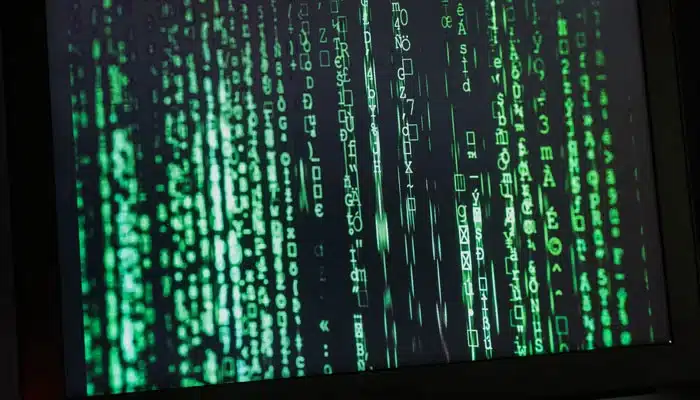Pakistan’s mysterious firewall
The internet has suffered an inevitable hit in Pakistan; a service that is a human right and necessary to run businesses and day-to-day activities, is facing unknown outages in the name of cyber security.
In a country struck by political instability, inflation and unemployment, the internet was the one basic necessity the youth of Pakistan could leverage to their advantage – but with disruptions in the past few months for one great “firewall”, many freelancers have lost jobs, e-commerce businesses are in distress, and citizens are unable to carry out every day transactions. The already struggling government has now come under greater scrutiny for violating yet another freedom; before it causes any more damage to the nation and itself, it must consider if this is a burden it is willing to live with as a political party.
When it was originally created, the internet was meant to be a communication channel where people formed communities to exchange information and skills eg WELL and AOL. Although this free-for-all connectivity was unexpectedly valuable, it had to be moderated to protect users against malicious context and threats. But soon, nation-states discovered that too much internet freedom would lead to subversion, so they took control of it in the name of protecting their “sovereignty”. Today, many Pakistanis are confused by the term “firewall”, which in simple terms refers to a system that prevents unauthorised access to a network; it is the reason why X is still unavailable to us. Globally, the act of implementing firewalls started long ago when Russia and China started building their own versions of the internet, such that the experience of using the internet in China is fundamentally different than ours; whereas we primarily use Google and Meta, Chinese citizens rely on sites like AliBaba, TaoBao and WeChat. This is why a country like Pakistan, that oscillates between American and Chinese alliance and is yet to establish a steadfast governance model, might find it difficult to create a “splinternet” of its own. Recently, IT Minister Shaza Khawaja finally admitted that the internet has slowed down because the web management system is being updated for cyber security, but failed to be transparent about what kind of cyber threats Pakistan is facing. On Sunday, she denied the government’s involvement in any kind of internet blockade altogether. In countering online dissent and social media activism, the state has put the economy at risk of losing $300 million and is pushing multinational corporations to the brink of relocating from Pakistan. Back in February, when the government blocked access to X in which jailed former prime minister Imran Khan-backed independent candidates won the most seats despite a party ban, it was obvious who they wanted to silence. It seems that in their efforts to punish Khan, the state is losing sight of the larger issue at hand: a frustrated youth that is aching to get out seek a better life elsewhere. The issue of internet moderation is one that academics have been trying to tackle for a while. Giampiero Giacomello has explored why democratic governments want to control the internet and points out that there is a need to “distinguish between information as content and information as infrastructure…the more states care about the Internet infrastructure from a national security perspective, the more likely they are to interfere with content” – for example, even the US links internet policies with state security after 9/11; it has one of the best cyber security systems without the kind of firewall Pakistan is trying to build. According to Noam Chomsky, media outlets such as radio, television and broadcasting were born under state structures with centralized control, which is what made state propaganda possible. Thus, internet control should come as no surprise in a state like Pakistan which is already rated highly for clamping down on its citizens’ right to freedom of expression. In its efforts to monitor our social media activities so closely, the Pakistani state is trying to create what Scott Malcomson would call an “isolationist internet”, a model that is unlikely survive in a world that’s so globally connected. If this government and those above it want to retain the talents of its youth, it must give us space to grow and innovate the digital space rather than create hurdles. The IT sector is one of the fastest growing in Pakistan and surely the benefits of the world wide web and its interoperability are far too many for a weak state like Pakistan to give up. Those in power must understand that meddling with the internet is not akin to banning a TV channel or silencing journalists. The internet is a force so large that even an autocratic government like China hasn’t been able to contain the use of VPN. The Chinese Firewall mode is also far too difficult to replicate entirely, especially in a country with weak technological infrastructure like Pakistan. In the end, the internet is so deeply manifested in our everyday lives that it will be hard to construct an entirely dictatorial version of it. For a nation that runs on WhatsApp, the recent experiments have evoked a collective outrage from people who would otherwise be at each other’s throats. If anything, these measures are not only a disservice to the citizens of its country but also embarrassing on an international level.

